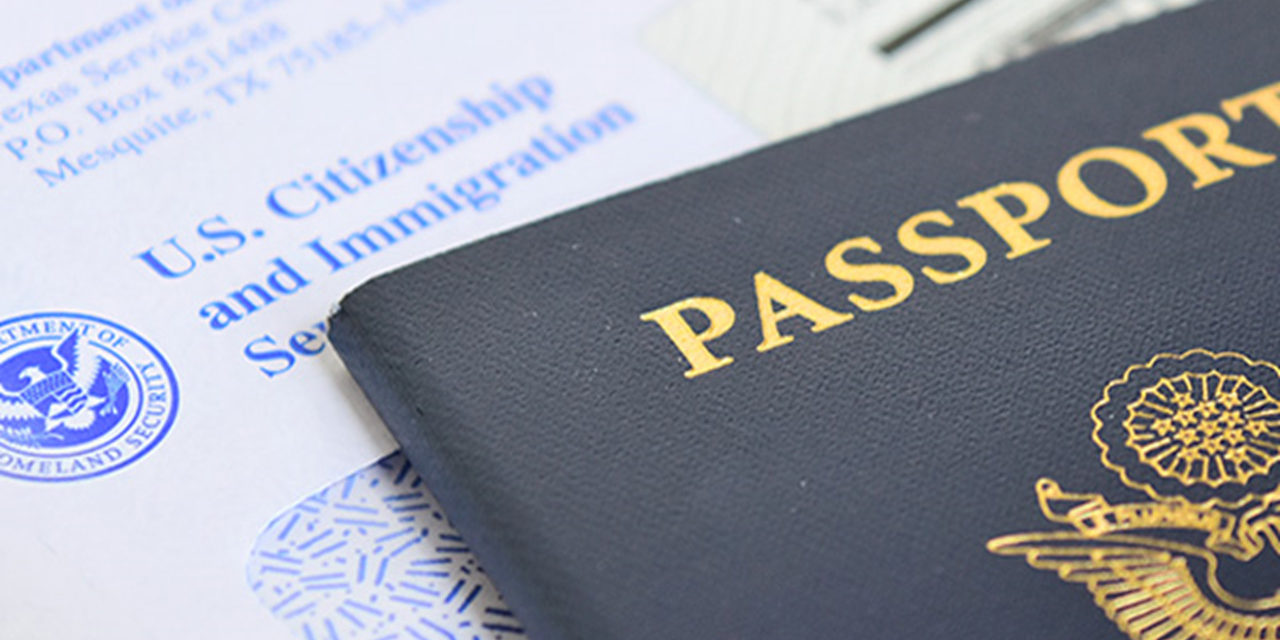If you or your loved one are facing deportation, there are a few things you should know in order to deal with the situation as efficiently as possible. In this text, we’ll try to sum it up for you. Of course, your priority should be calling your attorney or hiring one. However, you should get familiar with the deportation process anyway.
How Deportation Works
Before we explain how it works, you should know who the important actors are in the deportation process. Firstly, there is you, a.k.a the respondent or defendant. Secondly, there’s the Department of Homeland Security (DHS) and the Immigration and Customs Enforcement (ICE), which act as prosecutors. Thirdly, the immigration judge is the one that has the final say when it comes to your deportation. Their decision will determine what happens next in your case.
It all begins with a Notice to Appear (NTA), and/or detention, in case they deem you a flight risk or a threat to yourself or others. The NTA is a document in which the DHS states its charges against you, claiming you have violated immigration laws. The document should also inform you of the upcoming court hearing dates. The number of hearings you’ll need to attend will depend on the complexity of your case. It can be anywhere from three to ten.
There are three main hearings — the bond hearing, master calendar hearing, and individual/merits hearing.
At the bond hearing, the judge will determine whether the respondent is eligible to be released on a bond, as well as the appropriate bond amount. Then, at the master calendar hearing, your case will be analyzed and the judge will determine your deportability or eligibility for relief from removal. Finally, at the individual hearing, you will be able to plead your case and present your testimony, evidence, and witnesses. After that, the judge will make the final decision about your removal or release.
You might be able to file an appeal to the Board of Immigration Appeals (BIA) afterward, but it’s best to discuss that with your attorney.

Know Your Rights and Responsibilities
First of all, you have the right to effective communication, which means that the court will need to provide you with an interpreter or translator in case you have a hard time understanding the legal process or can’t speak English. Furthermore, you have the right to review all evidence, as well as present opposing evidence. You can even testify as a witness in support of your own case. As we mentioned, you also might be able to file an appeal and ask to have your case reconsidered.
However, you also have certain responsibilities when facing deportation. For one, if the DHS decides to release you from detention, you’ll have to report to your assigned deportation officer on a regular basis. In case of an address change, you must notify the DHS within five days.
In addition, and this is the most important point, you have to follow all the deadlines and attend each and every hearing. If you don’t, your deportation could be ordered in your absence. Provided that you have a valid reason for it, you might be able to reschedule the hearing in advance or file a motion to have your case reopened afterward, but you should count on that.
Anyhow, if you’re facing deportation, you should contact your attorney as soon as possible. They will help you make the right steps and ensure you receive the justice you deserve.
Take a Look at These Helpful Immigration Related Topics
What Does It Look Like to be an Illegal Alien in the United States?
How Can I Work Without a Work Permit?
How Do I Avoid Getting Deported?







